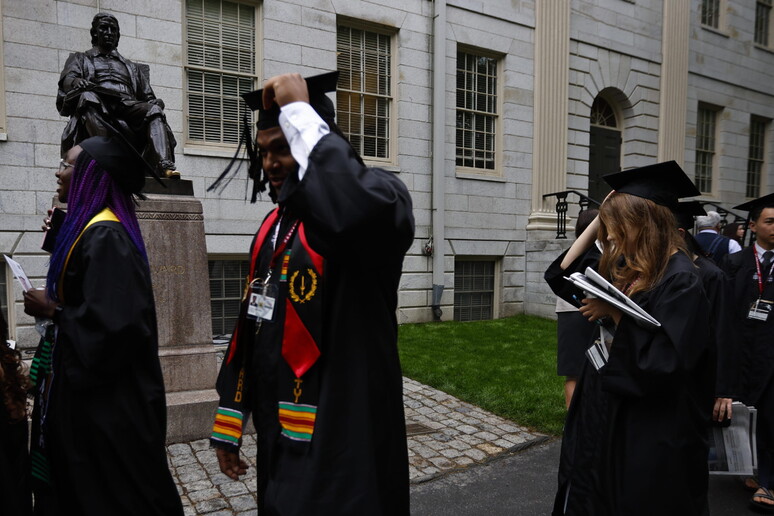All twelve members of the Fulbright Foreign Scholarship Board have resigned in protest, accusing the Trump administration of unlawfully overriding the board’s authority by canceling awards for nearly 200 American scholars and initiating what they described as an “unauthorized review” of more than a thousand international recipients.
The board announced its collective resignation Wednesday via a statement posted to Substack, denouncing what it called “unprecedented interference” in a program long regarded as a pillar of academic diplomacy.
“The current administration has usurped the authority of the board,” the members wrote. “We believe these actions not only contradict the statute but are antithetical to the Fulbright mission and the values, including free speech and academic freedom, that Congress specified in the statute.”
At issue are the 2025–2026 Fulbright awards, which had been granted to U.S. scholars in a range of disciplines from biochemistry and medicine to political history, but were recently rescinded by State Department political appointees. According to the board, the administration is also conducting an internal audit of some 1,200 international recipients without board oversight or legal mandate.
The Fulbright program, established by Congress in 1946, has historically delegated final selection authority to the board, with candidates vetted by nonpartisan career officials at the State Department. More than 35 foreign governments either match or surpass U.S. financial contributions to the initiative.
The New York Times, which first reported the mass resignation, said the canceled awards had been slated to place U.S. professors and researchers at universities and institutes worldwide. Several awardees were reportedly informed of the cancellations with little or no explanation.
In the Substack post, the board said it had previously raised objections with senior administration officials — both in meetings and in writing — but received no reply.
“To continue to serve after the administration has consistently ignored the board’s request that they follow the law would risk legitimizing actions we believe are unlawful and damage the integrity of this storied program and America’s credibility abroad,” the statement said.
The resignations add to a growing list of confrontations between the Trump administration and U.S. academic institutions. Earlier this year, the White House moved to rescind roughly $3 billion in federal funding for Harvard University and attempted to block the enrollment of new international students, citing national security concerns.
For the Fulbright board, however, the administration’s decision to sideline its statutory role proved to be a red line. “This is about more than scholarships,” one former board member told the Times. “It’s about whether the U.S. government still stands for the principles that Fulbright was built to represent.”












